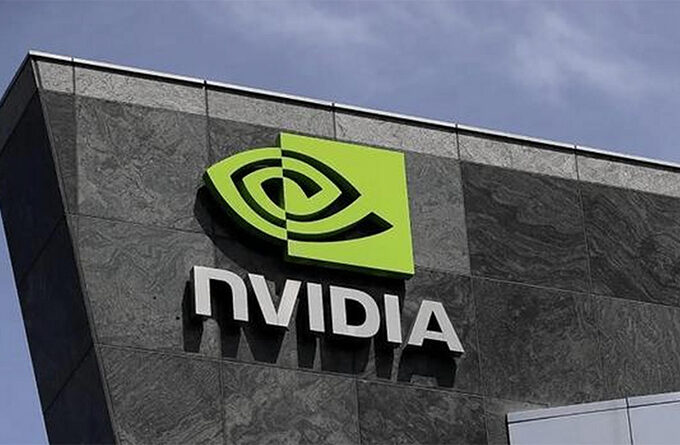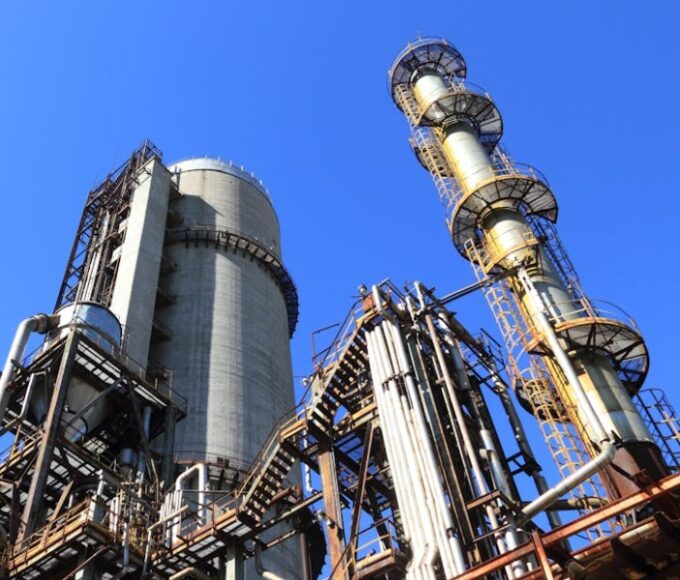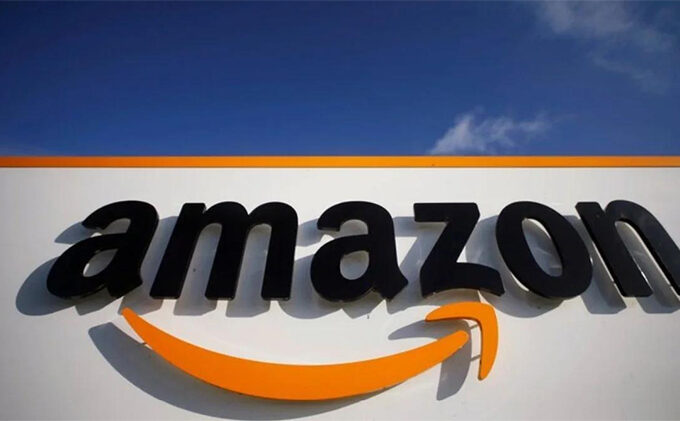Lately, negative news surrounding Europe’s largest battery company, Northvolt, has been increasing. Founded by a former Tesla executive, this Swedish battery manufacturer was once seen as Europe’s answer to creating a “battery industry equivalent to Airbus.” On October 15, Germany’s NDR reported, citing Swedish sources, that despite holding large orders from European automotive giants like BMW and Volkswagen, Northvolt has been unable to achieve economies of scale. The company’s Swedish factory has been plagued by production capacity issues, making it difficult to even deliver products on time. Now in the latest financial crisis, Northvolt’s future is uncertain, and its much-anticipated German “super factory,” which some had hoped would rival Chinese battery companies, faces an unclear fate. In response, automakers like Mercedes, BMW, and Audi are increasingly turning to battery suppliers from China and South Korea.
Shockwaves in Europe’s Automotive Hub
“Key infrastructure crucial to Europe’s future is in crisis,” wrote Germany’s Munich Merkur, highlighting Northvolt’s importance to Europe. However, the company recently announced it would cut approximately 1,600 jobs in Sweden, nearly 25% of its workforce. The head of Northvolt’s flagship European factory was also dismissed.
According to Anders Hägerstrand, a journalist from Swedish business daily Dagens Industri, Northvolt’s Swedish factory was only operating at 5% of its total capacity in September, with severe delivery delays contributing to its financial difficulties. Hägerstrand’s investigation revealed that Northvolt is currently attempting to raise approximately €176 million in capital to survive the coming months, though this has proven difficult. The Swedish journalist even suggested that Northvolt may halt construction of its German Heide plant to focus on domestic production.
Despite signing $55 billion worth of battery supply contracts with European automakers such as BMW, Scania, Volvo, and Volkswagen, Northvolt’s delivery performance has left these companies disappointed. In July 2020, BMW announced a €2 billion production contract with Northvolt. However, Germany’s Manager Magazin reported that BMW terminated the contract in June 2024, citing both quality issues and delivery delays. Northvolt’s largest shareholder, Volkswagen, which holds over 21% of the company, is also facing challenges. Automotive expert Silke Jansen told NDR that “Volkswagen’s electric vehicle sales are struggling.” Experts point out that Chinese products not only rival European technology but are also significantly cheaper. Given that European battery capacity is vital to Volkswagen’s EV plans, Northvolt’s struggles are a cause for concern. Battery supply chain analyst Andy Leyland noted, “Northvolt is a benchmark for the European battery industry. If they can’t produce, it indicates Europe will remain dependent on external suppliers for a long time.”
The struggles of Europe’s largest battery company present an opportunity for South Korean manufacturers. According to South Korea’s Chosun Ilbo, Korean battery firms are actively expanding in Europe. Recently, LG Energy Solution signed a contract with Renault’s electric vehicle division, Ampere, to supply lithium iron phosphate (LFP) batteries starting at the end of 2025.
Challenges After an Ambitious Start
Founded in 2015, Northvolt was seen as Europe’s greatest hope to become independent from China’s electric vehicle supply chain. Germany’s ARD once reported that Northvolt’s €4.5 billion investment in its German “super factory” was aimed at challenging Chinese dominance. The company had planned to produce batteries for up to 1 million electric vehicles annually starting in 2026, reaching full production by 2029.
A report by South Korean research institute SNE found that in 2023, six of the world’s top 10 battery companies were from China, led by CATL and BYD. As Northvolt possesses critical green transition technologies that could help Europe compete with Asian companies, both Germany and the EU see Northvolt’s factories as essential. Germany has provided €902 million in subsidies for the project, and the European Commission has also offered policy support to prevent the factory from being drawn away by U.S. investments.
Northvolt, which has been seen as a symbol of Europe’s battery ambitions, has notable credentials. Its founding team has a background with Tesla, and the company was considered one of Europe’s most valuable tech companies, with a valuation of $20 billion in 2023. CEO Peter Carlsson envisioned competing in the global battery industry alongside China’s dominant manufacturers.
Impact on European Policy?
In an interview with Dagens Industri in early July, Peter Carlsson admitted that Northvolt’s expansion plans had been overly aggressive and that the company was now reevaluating its development strategy.
Swedish media reported that Northvolt is currently in negotiations with lenders, investors, and clients to secure additional funding. It remains unclear at what stage these negotiations stand. According to Bloomberg, Northvolt met with stakeholders in early October and received verbal commitments for around €150 million in funding. On October 17, it was revealed that Goldman Sachs Asset Management, one of Northvolt’s shareholders, is considering joining the funding round.
Despite Northvolt’s struggles, Europe continues to emphasize the development of its domestic battery industry. Germany’s Secretary of State for Economic Affairs, Michael Kellner, stated that the German federal government, together with the EU, is funding over 60 battery projects. Kellner stressed that, ultimately, Germany and Europe will need to work over the next 10 to 20 years to improve their competitiveness.
However, a recent Bloomberg analysis suggested that Northvolt is Europe’s “best chance” at developing a large-scale domestic lithium battery industry. If the company fails to turn things around, Europe may have to open its doors to more Chinese companies setting up factories in Europe to maintain its EV transition goals.
Thomas Peckruhn, Vice President of Germany’s Central Association of Motor Vehicle Trades, told the Augsburger Allgemeine that if EU policies disrupt Chinese automakers’ competitiveness, it will lead to higher costs for European consumers purchasing electric vehicles. Peckruhn warned, “This will further worsen the already declining electric vehicle market.”













Leave a comment